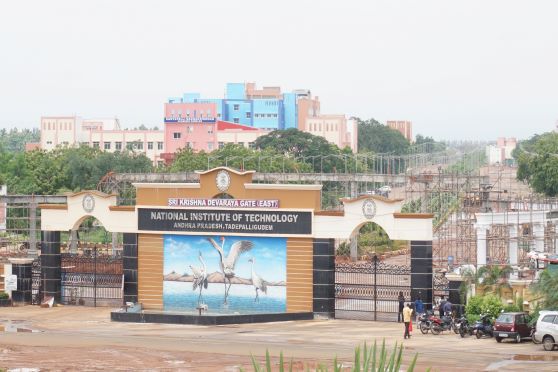NIT AP, international researchers to address vulnerabilities in EVs


Researchers at the National Institute of Technology (NIT) Andhra Pradesh have collaborated with an international team to develop a protocol to address major security and privacy vulnerabilities in dynamic charging of electric vehicles.
The institute partnered with researchers from IIIT Hyderabad, IIIT Naya Raipur, Kyungpook National University (South Korea), and University of Wollongong (Australia).
Electric vehicles are the future of transportation due to their low carbon footprint and low energy use. The International Energy Agency (IEA) predicts that by 2030, the worldwide fleet of electric vehicles will reach 145 million. As more people choose electric vehicles, the demand for charging infrastructure would also grow.
This research was led by Alavalapati Goutham Reddy, assistant professor, Department of Computer Science and Engineering, NIT Andhra Pradesh. The research paper was co-authored by Raveendra Babu, research scholar, NIT Andhra Pradesh along with Ashok Kumar Das of IIIT Hyderabad, Ruhul Amin of IIIT Naya Raipur, Young-Ho Park of Kyungpook National University South Korea, and Willy Susilo of University of Wollongong (UOW).
A group of interdisciplinary researchers led by Reddy and Das developed an authentication with key agreement protocol for EV dynamic charging infrastructure entities, and published their findings in the reputed peer-reviewed journal IEEE Transaction on Vehicular Technology.
These findings demonstrate that messages exchanged between electric vehicles and dynamic charging infrastructure are secure, preventing attackers from tracking the vehicle and gaining any benefits.
Explaining the key aspects of this research, Reddy said, “A lot of effort needs to be made to make charging while driving a reality. This is because there are so many communication principles and so many different types of messaging and charging infrastructure established in public places that are prone to security and privacy concerns.”
Elaborating further, Babu said, “Authentication is the most critical step in safeguarding any data from attackers, we chose to develop secure and effective authentication protocols for multiple dynamic charging network models used by electric vehicles.”
The designed protocol is based on elliptic curve cryptography, hash functions and chains, concatenation, and exclusive or operations, which aids in its implementation simplicity. The protocol is immune to man-in-the-middle attacks, impersonation attacks, replay attacks, and insider assaults, while maintaining user anonymity and untraceability. Also, the proposed protocol is more efficient than its counterparts in terms of computing and communication costs.